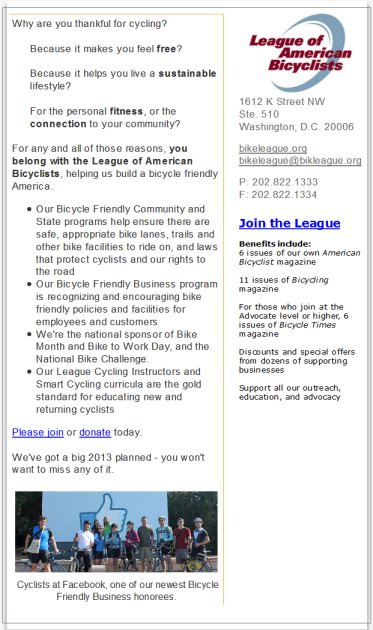
Years ago, our ancestors used prayer to control the world around them. They prayed for deliverance from misfortune and they offered prayers of gratitude when things went well. Reliance on divine intervention was a way of life for most of them.
Holidays were no different. Those days were holy days, designed to honor or appeal to a deity. This is how the holiday of Thanksgiving was born. It was a day of giving thanks to God for a bountiful harvest.
For many years, the holiday had religious significance. Celebrants would spend part of the day in prayer and would then partake of a thanksgiving feast symbolic of a tradition based on the story of the Pilgrims landing at Plymouth Rock and their first encounters with Native People.
Such encounters are taught to U.S. school children through the telling of stories about how the Pilgrims and the Wampanoag joined together to celebrate the harvest. Not much is really known about that celebration, although some Native Americans have protested the rosy picture American schools paint of the relationship between the two groups. They contend that the English and the Wampanoag people had a bloody relationship whether they shared a feast or not.
Most holidays are based on idealized traditions. Idealization makes these days special and sets them apart from ordinary days.
Modernization further changes holidays. New traditions are added to the old and commercialization becomes the focus of the event. With respect to Thanksgiving, it has become a holiday which serves as an excuse to ingest enormous amounts of food.
Through some unknown transformation, it became the primary day of the year to visit with family. How family visitation relates to the Pilgrims or a plentiful harvest is hard to say. But, maybe we can thank our conversion from farming to supermarket food gathering for this change.
Another modernized tradition is the activity of asking people what they are thankful for on Thanksgiving Day. The holiday’s founders did not expect us to use the day to give thanks for events in our personal lives. Perhaps this ritual serves as a means of reconciling the new and old Thanksgiving traditions. Rather than gathering in celebration with strangers who share our land, we can get together with our families and find our own reasons to be thankful. In this manner, we alter the holiday to suit ourselves.
Amid all of this commercialization, I received an e-mail from a cycling-related source. Since the subject was “Why are you thankful for cycling?” I thought I should open it to see what it was about.
I expected to see a holiday greeting from an organization whose activities I follow. Instead, I saw a list of things they thought I, as a cyclist, should be thankful for. Here were their suggestions for why I should be thankful for cycling:
“Because it makes you feel free?
Because it helps you live a sustainable lifestyle?
For the personal fitness, or the connection to your community?”
Actually, I’m not thankful for cycling; it is an integral part of my life. So I can not be thankful for it other than as part of being thankful for my life.
However, I am thankful that I am able to ride a bike. Some people are not so lucky. I am thankful for having choices, such as the choice to walk, drive, bicycle or use public transportation.
Of course, while I excogitated upon this question, the organization had something else in mind. They essentially told me that I should be grateful because organizations like theirs had spent time advocating for bike lanes, cycling accommodations, and laws designed to protect cyclists. We cyclists owed it to them to be grateful.
I thought it was very odd that they chose Thanksgiving to make this pitch, especially when I noticed the links in their e-mail directing me to either join their organization (through a paid membership) or to make a donation. As I reflected upon this, I questioned such an approach for the marketing of bicycle advocacy services.
Was Thanksgiving the right time to hit people up for money? Or was this just a way to capitalize on people’s sense of guilt for the things they have, for which they don’t feel sufficiently grateful?
I will not be donating money to this organization. If anything, I would prefer to donate my time. Either way, I am disappointed that bicycling organizations don’t conduct themselves any differently than car-centric organizations. They rely on marketing ploys to garner support.
Someday, cycling organizations may rise above such manipulative methods. For now, I’ll just be thankful for the ability to delete their e-mail and to carry on with my holiday celebration unperturbed.



